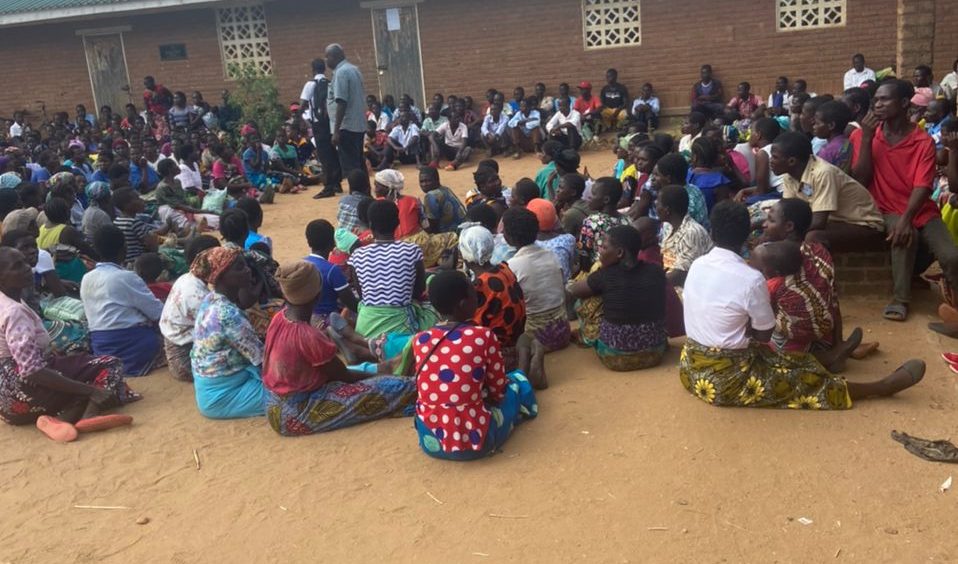Publication: 14 August 2023
Catastrophes and disasters can propel individuals into poverty, while also precipitating physical and psychological health issues, disproportionately affecting the most vulnerable segments of society. Emergencies, catastrophes, and disasters each constitute distinct events, with emergencies being less devastating but increasingly frequent due to climate change. The hazards cycle encompasses mitigation, preparedness, response, and recovery stages. Preparedness entails proactive planning and resource allocation for effective response, although emergencies may prove trickier to discern than outright disasters.
The stages of response and recovery might interweave in emergencies due to their protracted nature. To address this, SOPROEN has developed an Emergency Response System (ERS) incorporating protocols and an information management framework. SOPROEN presents three ERS acquisition options: full knowledge transfer, partial transfer with ongoing support, or support solely during emergency scenarios.
Upon acquisition, SOPROEN tailors the ERS to the specific needs of the host nation, imparts training to local officials, and activates the ERS when emergencies arise. The ERS activation sequence encompasses emergency assessment, operational design, configuration of the Emergency Management Information System (EMIS), implementation of the project cycle, distribution of payments, and reconciliation of finances.
Experience gleaned from Malawi’s operations spanning from 2020 to 2023, underscores the efficacy of SOPROEN’s interventions through the ERS. Notably, successful responses were mounted for a spectrum of emergencies including COVID, drought, and flooding, showcasing enhanced response swiftness and efficacy. This experience has empowered the Ministry of Gender, fostering increased proficiency in emergency management and yielding expedited and more efficient responses.





